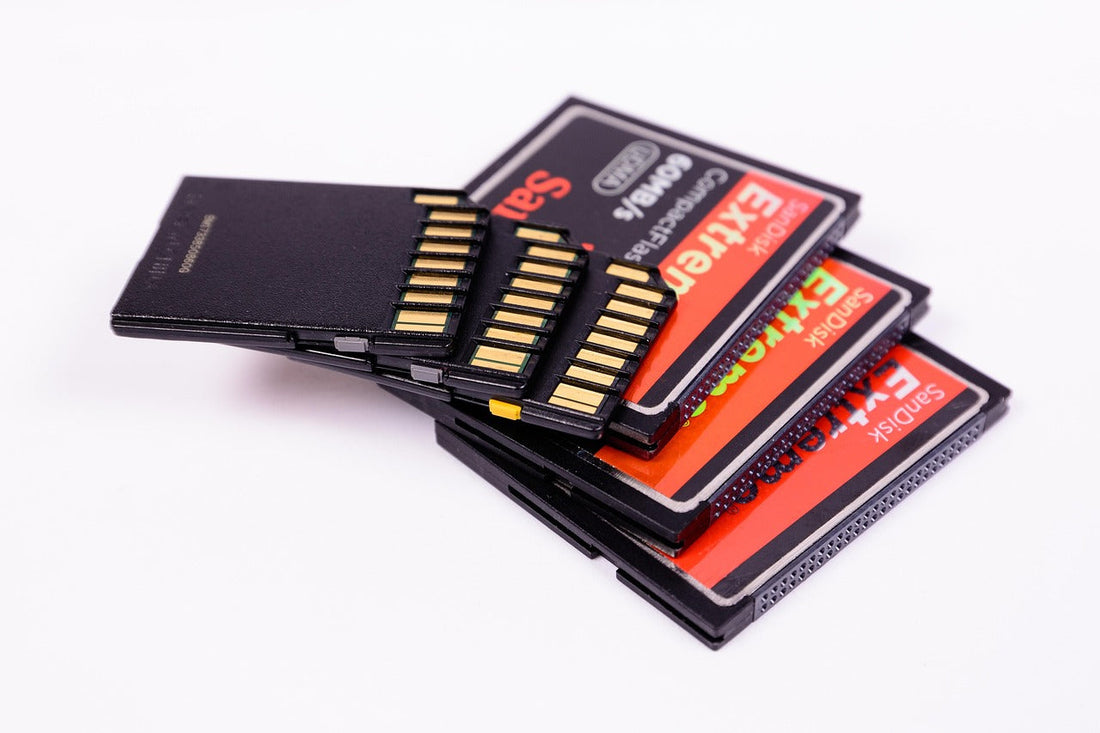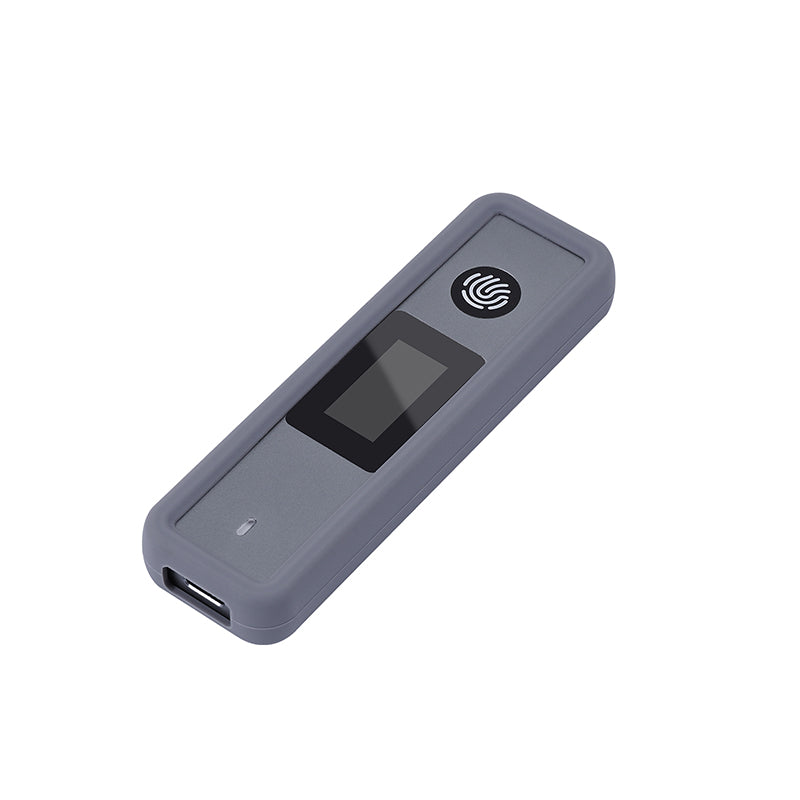
Share
Essential Backup and Storage Tips for Remote Workers in Barbados
With Barbados emerging as a popular destination for remote work and digital nomads, it's essential to safeguard your data while enjoying island life. Whether you’re a freelance writer, a video creator, a developer, or a remote team member, protecting your work against storms, power outages, or device failures is crucial. Here's how to build a backup strategy that combines cloud vs local options, portable tools, and smart habits to ensure you never lose important files.
1. Understand Your Risks: Why Backup Matters in Barbados
Even in paradise, everyday risks for your data are real. Barbados sees its official hurricane and wet season stretching from June through November—with August to October being the most active hurricane months in the Atlantic basin. During this period, sudden thunderstorms and power surges are common. Local utilities experience 30% more outages in wet season, increasing the risk of data loss.
Other threats include accidental deletion, device theft, or SSD/NVMe drive failure—making backup more than just a convenience, but a necessity.
2. Cloud Backup vs. Local Backup: Which Should You Choose?
Understanding the difference and balancing both methods gives you maximum protection.
- Cloud Backup gives you remote redundancy. Services like Backblaze or Google Drive automatically sync files offsite, so even if your laptop is lost or damaged, your data remains safe. However, restoring large projects can be slow on island internet, and ongoing fees apply.
- Local Backup means you have physical control over your data using external drives, SSD enclosures, or backup hubs. You don’t rely on internet uploads, and recoveries are faster. Downside: if the drive is lost or corrupted, or damaged by storm surge or humidity, you lose everything.
The ideal is a hybrid approach: essential active projects backed up to the cloud daily, and full local backups weekly or monthly.
3. Choose the Right Backup Drive
Not all storage is equal. Here’s what to look for:
- SSD vs. HDD: SSDs offer faster speeds, lighter weight, and greater resistance to bumps—ideal for a mobile lifestyle in Barbados.
- NVMe Enclosure with USB4: Using an NVMe SSD in a USB‑C/USB4 enclosure gives you lightning-fast transfers and flexibility. Perfect for large media projects or massive backups on the go.
- Multi‑functional USB‑C hub: Combined USB‑C hub with card reader and SSD port simplifies connecting cameras and external drives—excellent for freelancers handling photos or video.
NVMe enclosures have grown in popularity thanks to their impressive performance, especially when paired with USB4 or Thunderbolt ports. Before investing, take a moment to understand the differences between NVMe and SATA, as well as what protocols your devices support.
If you're not sure where to start, check out our detailed NVMe Enclosure Buying Guide: Everything You Need to Know in 2025 to compare features and compatibility. You can also browse our curated list of Top 15 Best NVMe Enclosures of 2025 for hands-on insights into the year’s top models, tested across multiple use cases.
4. Automate Your Backup Routine
- On Windows, use backup tools like File History or Acronis; Mac users can rely on Time Machine.
- Set clear intervals: cloud sync daily, local full backup weekly/monthly, depending on your workload.
- Periodically test your backups by restoring a file—that confirms your system works when needed.
Many cloud and local systems offer versioning, which keeps earlier copies in case you accidentally overwrite something essential.
5. Weather-Proof Your Workflow
Barbados’ August to October high storm season often brings unexpected blackouts and outages. To stay protected:
- Use a surge protector with 2000 + joule ratings and built-in RJ45/USB pass-through to shield small hardware like routers and external SSDs.
- Consider a UPS (Uninterruptible Power Supply), which provides temporary backup power and voltage regulation—critical during brownouts or outages.
- Store backup drives in a portable case so if you need to evacuate quickly, your data is ready to travel.
6. Store and Transport Safely
- Avoid storing drives in humid spaces like bathrooms or closed cabinets. Instead, keep backup hardware elevated in well-ventilated, air-conditioned rooms.
- Use dry storage containers with silica gel packets when you're idle for more than a few days.
- For mobile devices (laptops, chargers, cables), carry them in zip seals or travel pouches that resist moisture and accidental spills.
7. Protect Against Device Damage and Salt Corrosion
If you work near the coast, salty air can corrode ports and connectors.
- After outdoor sessions, wipe down device edges and ports with a slightly damp cloth and then dry thoroughly.
- Use anti-corrosion sprays on exposed metal connectors occasionally.
- For exposed electronics like tablets or hard drives, keep them in sealed protective sleeves—especially useful if stationed near beaches or marinas.
8. Version Control and File Management
- Use Git or document versioning tools to manage changes when collaborating or writing code.
- For creative files, use sync tools like FreeFileSync or rsync to create dated folders like “Project_v1”, “Project_v2”.
- Versioning protects you from accidental overwrites and lets you roll back if needed.
Sample Backup Workflow for a Freelance Creator in Barbados
|
Day |
Action |
|
Daily |
Work and save projects locally. Cloud sync runs overnight (e.g. Google Drive, Backblaze). |
|
Weekly |
Connect NVMe SSD via USB4 enclosure, run full backup of project folder. |
|
Monthly |
Store backup SSD in a sealed pouch with dry packs. |
|
Storm Mode |
Plug into UPS or unplug devices during severe weather as a precaution. |
|
Quarterly |
Test restore process (cloud or local) to confirm backup integrity. |
Final Takeaways
In Barbados, where tropical storms and unreliable power are part of life, a smart backup strategy is your best line of defense. By combining cloud backup, local encrypted SSD storage, automation, and a bit of organization, you can keep your data secure—and your peace of mind intact.
Working remotely in paradise doesn’t have to come at the expense of your most important asset: your work. Protect it with intention and a simple, reliable backup plan.

